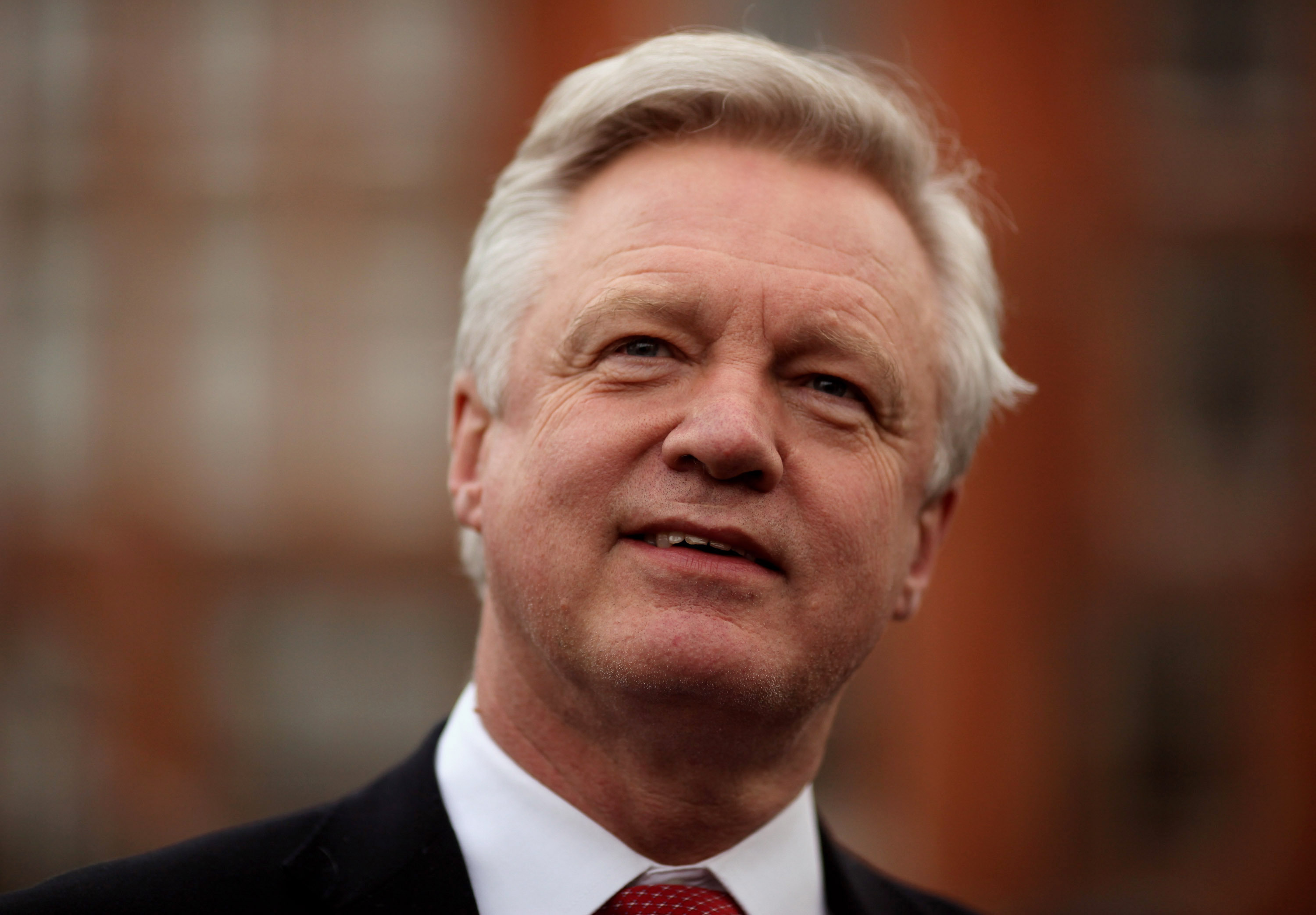How To Leave The European Union, by David Davis
James Blitz, writing in The Financial Times, has boiled this down to four basic points.
1. The UK should spend the next few months working out its negotiating strategy for Brexit, then trigger Article 50 by the beginning of next year. Formal departure from the EU should be “around December 2018.”
2. The UK should “immediately trigger” a large round of global trade deals with its most favoured non-EU trade partners. Mr Davis expects the negotiation phase of most of them to be concluded within “12 and 24 months”, leading to “a free trade area massively larger than the EU”. This is probably the job of Liam Fox, the new International Trade Secretary
3. Davis says the ideal outcome for Britain, which is also the “most likely” outcome, is continued tariff-free access to Europe’s single market. “Once the European nations realise that we are not going to budge on control of our borders, they will want to talk, in their own interest,” he writes.
4. But if the EU is “irrational”, David Davis writes – that is, if it refuses to accept restrictions on free movement – then Britain should insist on shifting to World Trade Organisation rules and levies, including 10 per cent levies on car exports. Davis presents this as a bargaining tactic (“I do not believe for a moment that that will happen”, he writes). But he argues that a shift to WTO rules will mean the UK receives £2 billion a year of levies on EU cars alone. This could help the UK support its indigenous car industry, he writes, making it more competitive “which is another reason that the EU will not force this outcome”.
John Springford of the Centre for European Reform told the Financial Times that he is not impressed. “Mr Davis does not understand the economics,” he said. “Some 45 per cent of UK exports go to the EU and, on average, about 8 per cent of the exports of each member state go to the UK. So there is far more at risk for Britain in conducting a hard ball trade strategy with the EU. Overall, I don’t think Mr Davis’s piece really tells us much about what the UK’s negotiation will really be like. The analysis is so flawed that the mandarins in Whitehall will tell him he has to think again.”
Alan Beattie, a leader writer and former World Trade editor of the Financial Times, is nonplussed by Davis’s timetable for signing trade deals with ‘third countries’.
“It is unlikely that a government will enter into the detailed formal negotiations needed to reach a trade deal before the UK has regularised its position in the WTO so they know on what basis they are negotiating,” he told the Financial Times. “Such a process could take years, and might have to run consecutively rather than concurrently with the two-year Article 50 process.”
He added: “Some of the countries he wants pacts with are unlikely to sign a deal of great advantage to Britain any time soon. For example, the proposed EU-India agreement has foundered partly on India’s refusal to allow foreign access to its financial service sector. Without this, it is not clear why the UK would bother signing a bilateral deal with India at all.”

David Davis, the UK’s new ‘Brexit Secretary’
